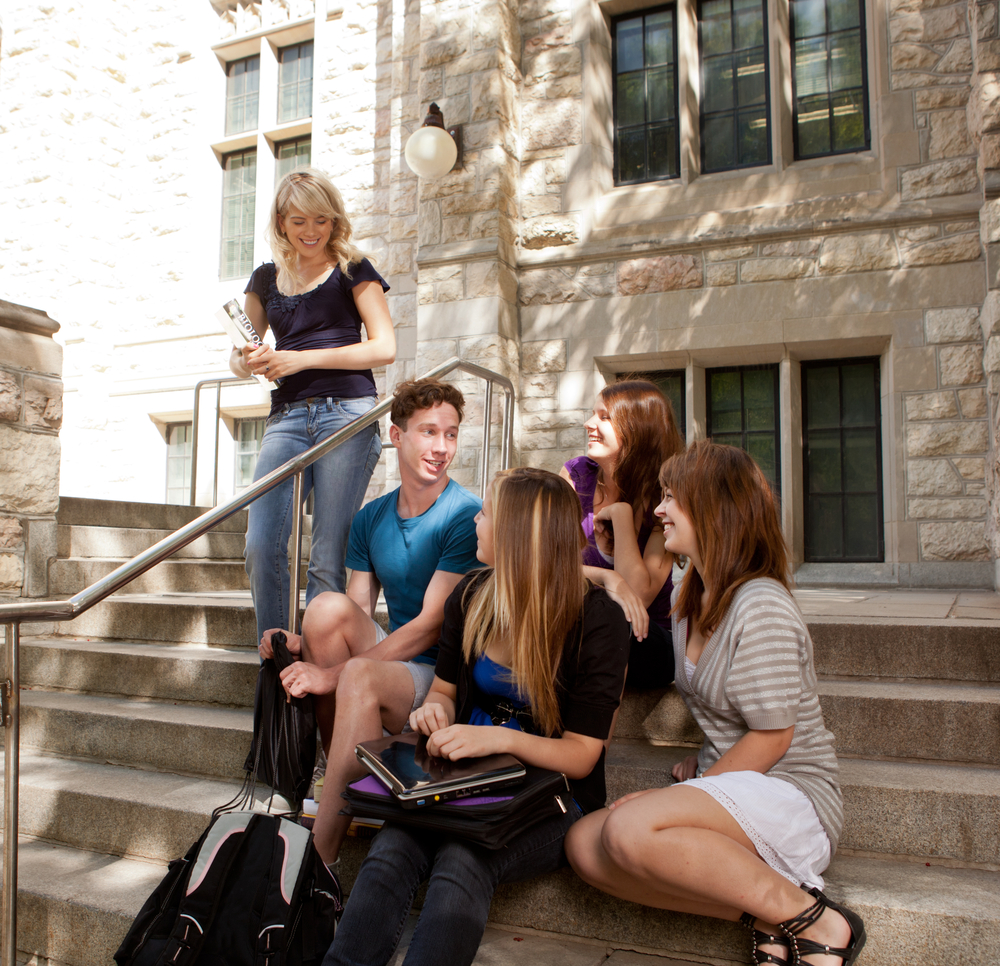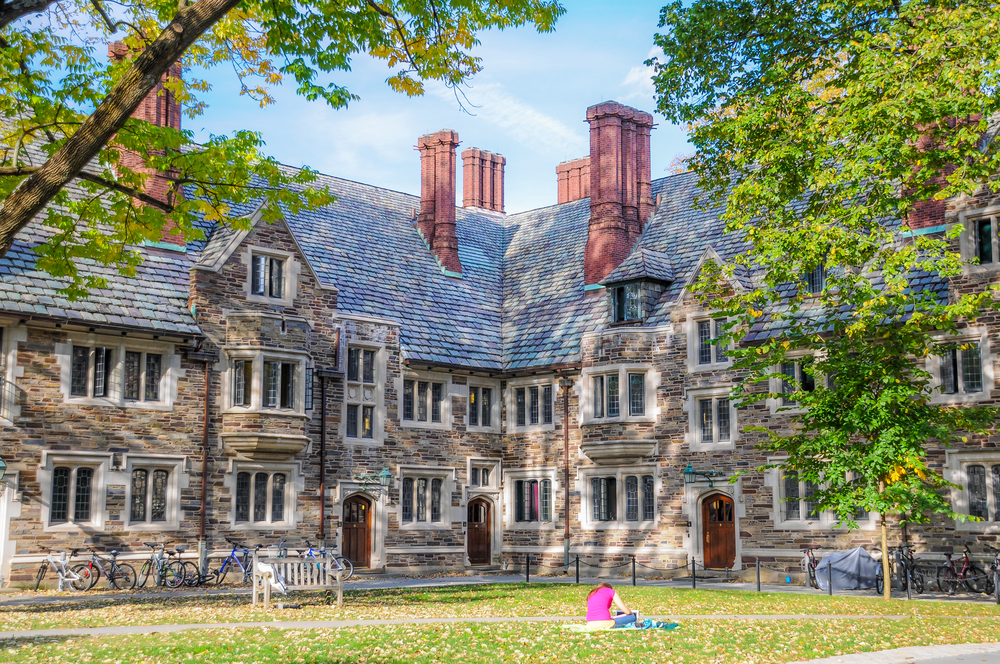Electives offer a great chance to take your education in a new direction. You can use electives as a way to learn about a subject that’s always intrigued you, take a break from a demanding major, or gain skills that could benefit you in your personal life or career. The best way to achieve any of these is to consider some of the most unconventional electives.
1. Group Music
Electives like group piano or group guitar tend to be aimed at students who have never learned to play an instrument before. If the instrument you learn doesn’t end up being the right choice for you, at the very least you’ll have learned to read music, which is knowledge you can transfer to another instrument.
2. Personal Finance
Many students find managing money challenging when they start university — and it only becomes more difficult after you graduate and have more responsibilities. Instead of learning through mistakes, you can acquire all the financial management knowledge you need to use credit cards, avoid debt, and save money through a personal finance elective.
3. Graphic Design
All businesses require some kind of graphic design, which means this elective could make you a more desirable hire. Knowing how to make graphics and design websites could also be useful if you decide to launch your own company one day.
4. Screenwriting
Taking screenwriting as an elective will mean you see TV series and movies in a completely different light. Plus, if you enjoy writing in your free time, screenwriting will teach you a new way to use your talent. Best of all, you can apply what you learn about writing dialogue and story progression to just about any type of fiction writing.
5. Film Production
If you’re more interested in bringing your stories to life, film production could be the ideal elective for you. The class may have an element of screenwriting, along with cinematography and video editing. You’ll learn how to create everything from social media posts to short films. It’s a great way to explore your creativity and develop a marketable skill.
6. Film Studies
To learn about film from a more academic point of view than a creative one, film studies is the elective for you. This class is bound to be fun because it involves spending a lot of time watching movies. You’ll then discuss everything from the meaning of the film to its production with your classmates.
7. Physical Education
You may be put off by the idea of choosing a physical education elective due to unpleasant experiences during grade school. However, you’ll find that these classes are completely different at university. For one thing, you’ll be able to pick an activity you enjoy — perhaps discovering a new way you like to stay fit. Since you should try to work out regularly anyway, this could be a great way to add some exercise to your schedule.
8. Acting
It may not be immediately obvious what you can gain from an acting class if you’re not seeking a career as an actor. However, there are actually numerous benefits, including building your self-confidence, improving your public speaking skills, and learning how to better express yourself. The great thing about acting as an elective is that you’ll be in a class with other students who also have no experience and who will be there to support you.
9. Dance
Learn to perform on stage at the same time as staying fit with a dance elective. Not all your classes will involve dancing yourself — there will likely be lectures about dance around the world and throughout history as well as about the role of dance in society.
Another way to enrich your university experience is to live in an off-campus student community. For Queen’s University student housing, you have Foundry Princess. On site, you’ll find everything you need to relax and make friends, including BBQ areas, an outdoor swimming pool, and a clubhouse. Apply now before all the rooms are taken.












